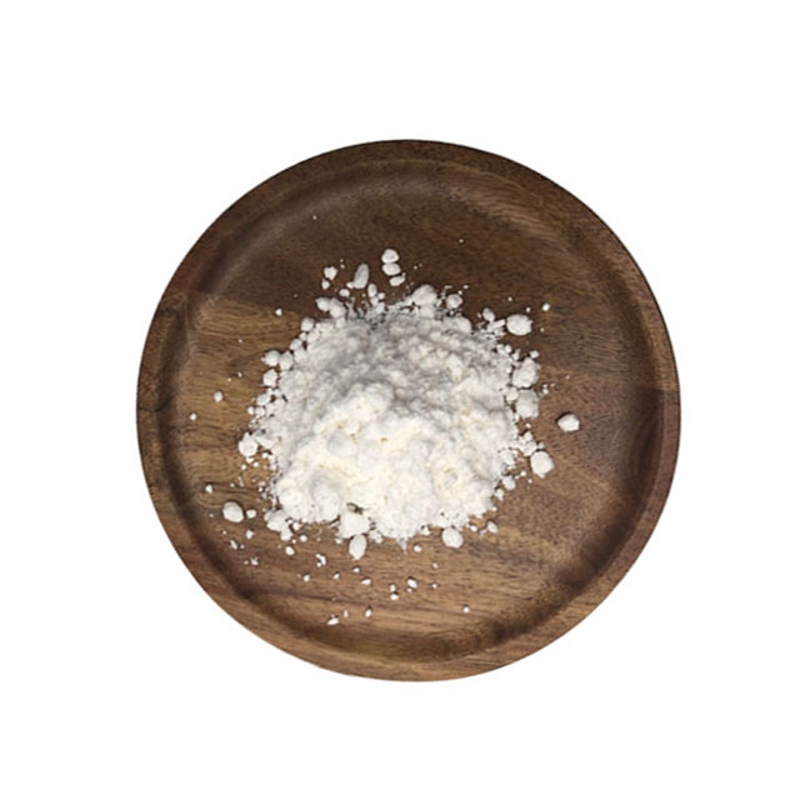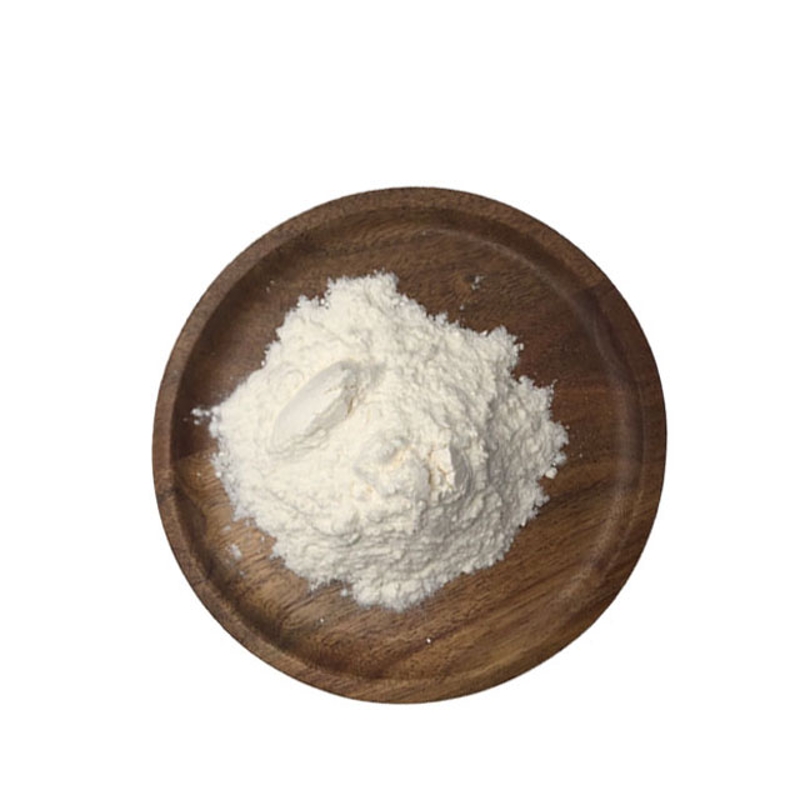-
Categories
-
Pharmaceutical Intermediates
-
Active Pharmaceutical Ingredients
-
Food Additives
- Industrial Coatings
- Agrochemicals
- Dyes and Pigments
- Surfactant
- Flavors and Fragrances
- Chemical Reagents
- Catalyst and Auxiliary
- Natural Products
- Inorganic Chemistry
-
Organic Chemistry
-
Biochemical Engineering
- Analytical Chemistry
- Cosmetic Ingredient
-
Pharmaceutical Intermediates
Promotion
ECHEMI Mall
Wholesale
Weekly Price
Exhibition
News
-
Trade Service
The Mediterranean diet is a healthy diet recommended by the dietary guidelines.
Mediterranean diet medsci.
Jennifer A Fleming et al.
Jennifer A Fleming et al.
1) In accordance with the recommended amount of the Mediterranean diet, based on the 2000 kcal diet, 14 grams of lean beef/2000 kcal per day, marked with MED 0.
2) According to the American diet, 71 grams of lean beef/2000 kcal per day, marked with MED 2.
3) In accordance with a heart-healthy diet, 156 grams of lean beef/2000 kcal per day, marked with MED 5.
Each MED diet contains 196g protein (lean beef, fish, poultry, pork, nuts, eggs and beans), 250 mg / EPA and DHA (deep sea fish, shellfish, etc.
Compared with AAD, the total cholesterol, non-HDL-c (high-density lipoprotein cholesterol) and LDL-c under the Mediterranean diet were significantly reduced.
Compared with AAD, the total cholesterol, non-HDL-c (high-density lipoprotein cholesterol) and LDL-c under the Mediterranean diet were significantly reduced.
After 4 weeks of different foods, lipid and lipoprotein changes
After 4 weeks of different foods, lipid and lipoprotein changes
Eating more lean beef did not show a dose benefit to total cholesterol, LDL-c, HDL-c, non-HDL-c, or triglycerides; in addition, the MED diet significantly reduced the number of LDL particles.
The MED diet significantly reduced the number of LDL particles.
Compared with MED 5.
Concentration of lipid subparticles after 4 weeks
Concentration of lipid subparticles after 4 weeksCompared with AAD, the apoB of the three MED dietary patterns reduced more.
These dietary patterns all caused a slight decrease in the concentration of PCSK9 (plasma protein converting enzyme ferritin/kinase 9), and PCSK9 may have the potential to reduce LDL-c.
Both MED0.
Using a Mediterranean diet can also maximize cardiovascular benefits.
Using a Mediterranean diet can also maximize cardiovascular benefits.
Red meat is a major part of the western population's dietary pattern.
The average consumption of red meat in the United States has declined in recent decades, but it is still more than twice the average global consumption.
Some epidemiological studies have analyzed the relationship between red meat consumption and the risk of death.
A lot of evidence shows that high intake of red meat, especially processed red meat, is associated with increased risk of type 2 diabetes , cardiovascular disease, certain cancers (such as colorectal cancer ), and mortality.
Eating processed red meats (such as bacon, hot dogs, and sausages) is associated with the risk of diseases such as chronic obstructive pulmonary disease, heart failure, and high blood pressure.
A study published on BMJ on April 25, 2019 examined whether increased red meat intake is related to the risk of specific cause mortality.
The study found that the increased consumption of red meat, especially processed meat, may be related to a higher overall mortality rate.
Researchers followed up 1.
2 million people and found that increased consumption of red meat was associated with a higher risk of death for men and women within 8 years.
An increase of half a share of red meat a day was associated with a 10% increase in mortality risk.
For an increase of more than half of processed red meat, The risk of death increased by 13%.
For unprocessed red meat with more than half a serving, the risk of death increased by 9%.
A reduction of more than half of red meat a day has nothing to do with the risk of death.
Even if adjusted for factors such as age, physical activity, quality of diet, smoking status, or alcohol consumption, the relationship between increased red meat consumption and the risk of death is consistent.
There were 14 019 deaths during the study period.
Researchers followed up 1.
2 million people and found that increased consumption of red meat was associated with a higher risk of death for men and women within 8 years.
An increase of half a share of red meat a day was associated with a 10% increase in mortality risk.
For an increase of more than half of processed red meat, The risk of death increased by 13%.
For unprocessed red meat with more than half a serving, the risk of death increased by 9%.
A reduction of more than half of red meat a day has nothing to do with the risk of death.
Increased consumption of red meat, especially processed meat, may be related to a higher overall mortality rate.
Researchers followed up 1.
2 million people and found that increased consumption of red meat was associated with a higher risk of death for men and women within 8 years.
An increase of half a share of red meat a day was associated with a 10% increase in mortality risk.
For an increase of more than half of processed red meat, The risk of death increased by 13%.
For unprocessed red meat with more than half a serving, the risk of death increased by 9%.
A reduction of more than half of red meat a day has nothing to do with the risk of death.
Regardless of age, physical activity level, diet quality, smoking status or drinking status, the association of changes in red meat consumption and mortality is consistent with participants Yan Zheng et al.
Association of changes in red meat consumption with total and cause specific mortality among US women and men: two prospective cohort studies.
BMJ.
doi: https://doi.
org/10.
1136/bmj.
l2110
Association of changes in red meat consumption with total and cause specific mortality among US women and men: two prospective cohort studies.
BMJ.
doi: https://doi.
org/10.
1136/bmj.
l2110
Although eating a healthy Mediterranean diet with varying amounts of lean beef (14, 71 or 156 g/day) can improve blood lipids and lipoproteins.
However, we do not recommend eating as much as possible.
Because reducing the total intake of red meat, increasing the intake of nuts, fish, skinless poultry, dairy products, eggs, whole grains or vegetables may be associated with a reduced risk of death within 8 years.
However, we do not recommend eating as much as possible.
Because reducing the total intake of red meat, increasing the intake of nuts, fish, skinless poultry, dairy products, eggs, whole grains or vegetables may be associated with a reduced risk of death within 8 years.
Although eating a healthy Mediterranean diet with varying amounts of lean beef (14, 71 or 156 g/day) can improve blood lipids and lipoproteins.
However, we do not recommend eating as much as possible.
Because reducing the total intake of red meat, increasing the intake of nuts, fish, skinless poultry, dairy products, eggs, whole grains or vegetables may be associated with a reduced risk of death within 8 years.
Leave a message here







